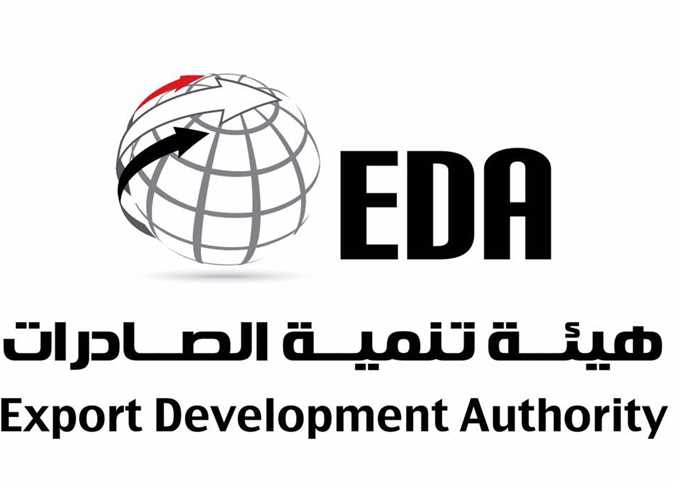Industry-Specific Reforms > General Reforms
- Ensure that free zones and other investment zones are treated equally, particularly with regards to accessing incentives. Free zones employ local workers and utilize local inputs, thus, enterprises operating in the free zones should be able to access the incentives offered through the Export Development Fund, along with other relevant incentives.
Responsible Entities
Date 6/30/2020
Responsible Entities
Date 6/30/2020
Responsible Entities
Date 6/30/2020
Industry-Specific Reforms > Industrial Licensing Law
- To date, the decree establishing a new board of directors for IDA, pursuant to Law No. 95 of 2018, “The Industrial Development Authority Law”, has not yet been issued. More so, the executive regulations of the new law are yet to be issued.
Responsible Entities
Date 3/21/2019
Industry-Specific Reforms > Industrial Licensing Law
- Promptly establish IDA’s new board of directors, in accordance with the new law.
- Expedite the issuance of the executive regulations of Law No. 95 of 2018, “The Industrial Development Authority Law”.
- Enact a new law to regulate the administration of industrial zones. The new law should clearly define the responsibilities and relationships between all the parties concerned (similar to the case of the free zones and zones that are run by independent operators, mostly from the private sector).
- Take into consideration including FEI on the board of IDA; the relevant provision in the law currently in force mandates the representation of those with expertise, alongside government, without specifying FEI.
- The Ministry of Local Development must be represented on the IDA’s board since it is among the entities that have the responsibility for issuing licenses for establishments operating within the boundaries of residential areas.
- Ensure the full implementation and enforcement of the law; contrary to the applicable law, the New Urban Communities Authority continues to directly offer industrial land for sale.
- Review all existing decrees, which pertain to licensing and industrial registry to ensure that they comply with the relevant laws.
- Introduce a mechanism by which FEI and its member industrial chambers are able to assess the performance of IDA with regard to licensing, industrial registry, and land allocation, as well as identify all the implementation challenges, particularly those related to industrial land.
Responsible Entities
Date 3/21/2019
Responsible Entities
Date 3/21/2019
Industry-Specific Reforms > Medical Devices Industry
The lack of a consistent export assistance strategy.
Responsible Entities
Date 6/30/2020
Industry-Specific Reforms > Medical Devices Industry
- Ensure that banks offer low-cost export finance facilitation services.
Responsible Entities
Date 6/30/2020
Industry-Specific Reforms > Grain Industry
- The imposed ban on establishing new mills that produce 72% extraction flour represents a capacity constraint.
Responsible Entities
Date 3/21/2019
Industry-Specific Reforms > Grain Industry
- Lift the imposed ban on establishing new mills that produce 72% extraction flour, to maximize utilization of capacity that has been idle for ten years; reconsider imposing the ban if needed.
- Include the 72% extraction flour and the coarse wheat bran within the categories of products eligible for export support to encourage investment in wheat and stimulate exports in order to increase the foreign exchange resources.
- Modify the wheat quota allocated to the mills that produce the 82% extraction flour in order to ensure the availability of strategic reserves of flour. A memorandum to this effect was submitted to the Ministry of Supply on 25/7/2018 (Memo Incoming No. 9742).
Responsible Entities
Date 3/21/2019
Responsible Entities
Date 3/21/2019
Industry-Specific Reforms > Leather Tanning Industry
- Relocating from Magra El Eyoun to El Roubiki Leather City was costly for factories, particularly that they had to import modern machinery and equipment, as well as pay the water, electricity, and gas connection fees.
Industry-Specific Reforms > Leather Tanning Industry
- ESF should expedite the disbursement of export assistance owed to the manufacturers in order to reduce their financial burden, and allow them to continue operating and exporting.
Industry-Specific Reforms > Mineral Industry
- The erroneous classification of some plants as energy-intensive industries, such as nail factories, cast iron foundries, and aluminum casting factories, hurts industries as they are charged the same energy prices as that charged to energy- intensive industries, such as steel and aluminum smelters.
Responsible Entities
Date 2/2/2020
Industry-Specific Reforms > Mineral Industry
- Seriously consider adopting the IDA’s recommendation regarding the erroneous classification of some plants as energy-intensive industries, in other words, de-link the definition of heavy industry from the type of the product produced.
Responsible Entities
Date 2/2/2020
Responsible Entities
Date 2/2/2020
Industry-Specific Reforms > Mineral Industry
- While the mineral industry’s share in Egypt’s non-petroleum exports is more than 20%, yet the industry, small and big businesses, are denied any export support services, as well as the benefits of the duty drawback system. This is illustrative of the lack of clarity regarding the objectives of the export support program, and its meager benefits to the export industry (on the other hand, export support programs in other countries, such as China, Turkey and the United States, lends strength to their exports).
Responsible Entities
Date 2/2/2020
Responsible Entities
Date 2/2/2020
Responsible Entities
Date 2/2/2020
Industry-Specific Reforms > Ready-Made Garment Industry
- Exporters do not have adequate liquidity to maintain operations and continue with production.
Responsible Entities
Date 6/30/2020
Industry-Specific Reforms > Ready-Made Garment Industry
- Expedite the disbursement of the FY 2017/2018 export rebates owed to exporters.
Responsible Entities
Date 6/30/2020
Responsible Entities
Date 6/30/2020

